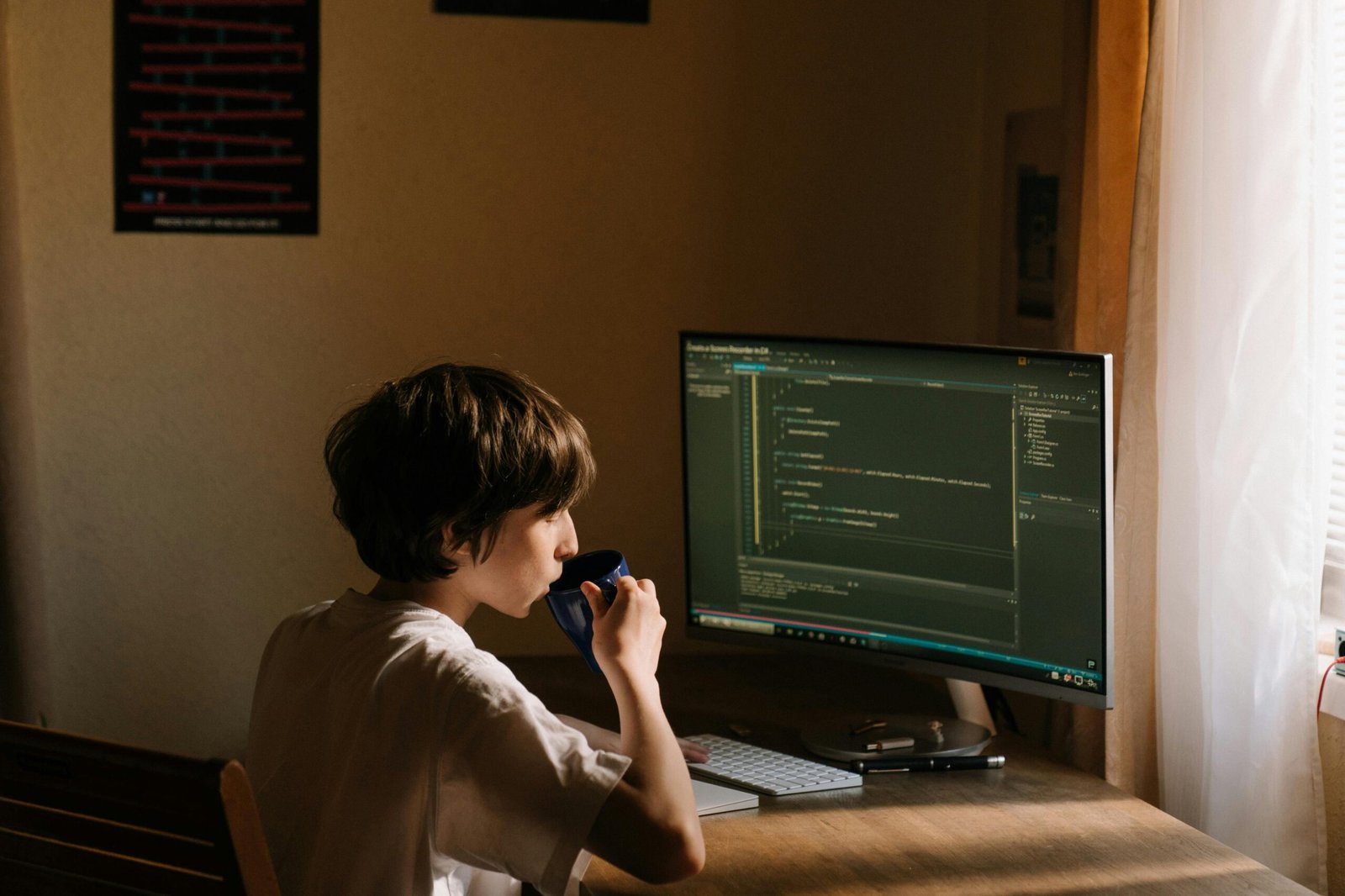
Photo Credit ( Freepik )
The concept of a four-day work week has been gaining traction globally, sparking debates between its supporters and critics.While some fear it could cripple businesses and economies, others argue that the extra day off motivates employees to work harder and smarter during the remaining four days.
As the leader of a time management solutions company, I believe that while a four-day week can improve efficiency, it’s unlikely to increase productivity enough to fully compensate for a lost day.
Efficiency in the workplace is essential, especially in today’s fast-paced world. However, many organizations continue to embrace outdated working methods that emphasize long hours over smart work. We’ve been conditioned to believe that success requires putting in more time, but the key to lasting productivity lies in working smarter, not harder.
What is Productivity, Really?
Productivity is all about maximizing output with the resources at hand. This doesn’t always mean working longer hours. Often, it’s about refining processes and focusing on high-impact tasks. The modern workforce, however, faces growing pressure to work more, with many people clocking in over 40 hours a week.
Balancing work and life is more crucial than ever. Being more efficient can reduce time spent on non-essential activities, allowing you to achieve more with less time. So, how can we work smarter and more effectively?
Prioritize Tasks
Identify and focus on high-priority tasks. Set a time limit to challenge yourself to finish them faster without compromising quality. Use the “chunking” method to stay fully immersed in one task at a time, taking short breaks to maintain focus.
Limit Distractions Keep distractions like phone notifications, social media, or even office chatter to a minimum. Use tools and habits that enhance focus, allowing you to get more done in less time. Break Down Big Projects Large tasks can feel overwhelming. Break them into smaller, manageable steps, scheduling specific milestones throughout the week. This will help you stay on track and motivated.
Collaborate and Delegate Working with others fosters creativity and enhances problem-solving. Collaborate with colleagues to share workloads and free up time for priority tasks. Ask for help when needed; teamwork can drastically improve efficiency. Take Meaningful Breaks Taking short, intentional breaks throughout the day can refresh your mind and boost creativity. Step away from work briefly, engage in a quick walk, or practice mindfulness to help you recharge.
Conclusion: Working less doesn’t mean sacrificing quality—it means optimizing your approach. With focused effort, proper planning, and smart collaboration, it’s possible to get more done in less time. Efficiency is about prioritizing the right tasks, eliminating distractions, and maintaining balance. Work smarter, not harder, to achieve lasting success.


